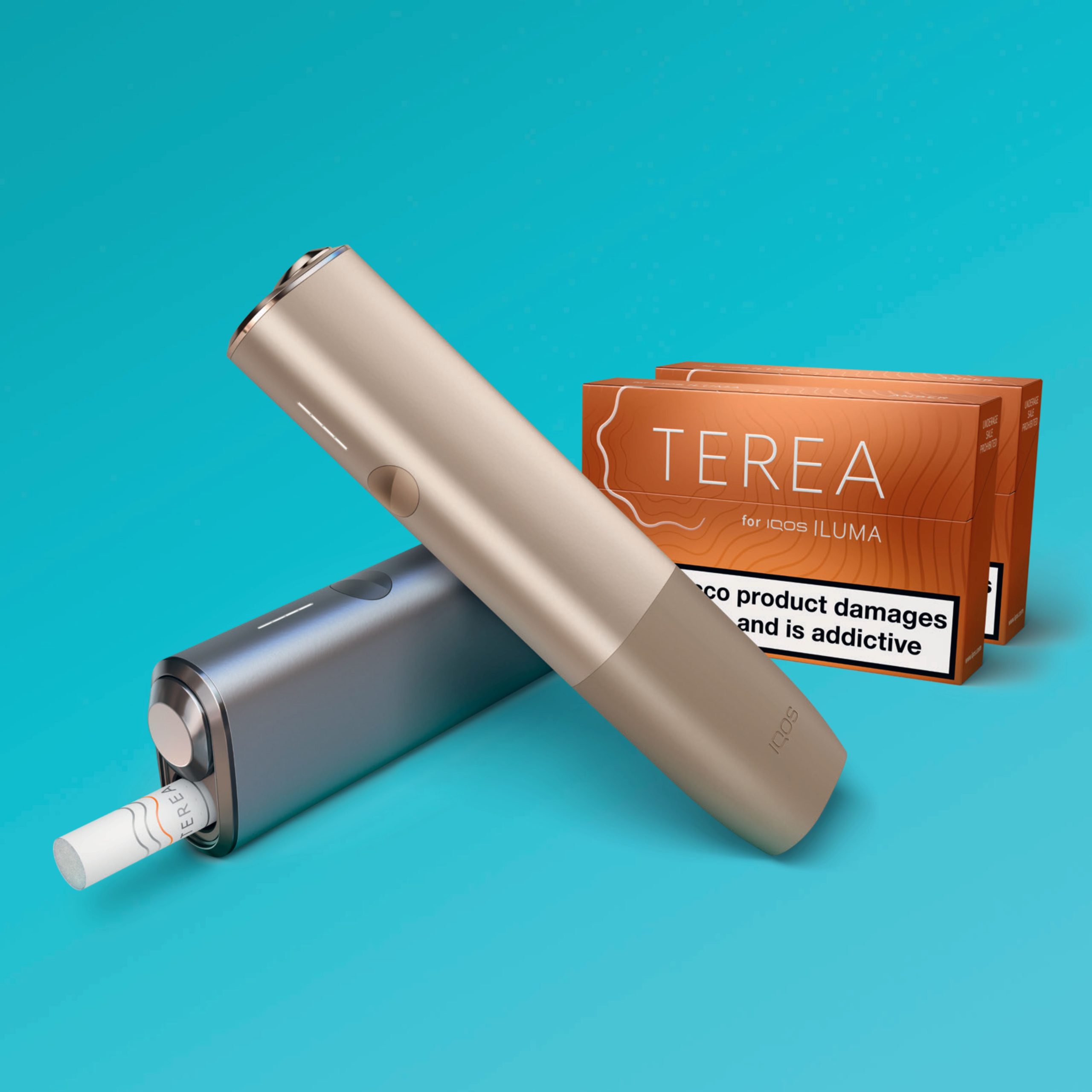Philip Morris faces key test with US heated tobacco push
April 29, 2024

Philip Morris International’s (PMI) goals for heated tobacco in the US are reachable, analysts and investors say, even though rivals see limited potential in a market where vaping dominates.
The world’s biggest tobacco company by market value will launch its flagship heated tobacco device IQOS in the US in the second quarter, developing the brand pretty much from scratch.
IQOS is already the top selling heated tobacco device globally and is central to PMI’s efforts to transform its image from a cigarette maker to a company driving the shift to healthier options.
In the US, heated tobacco is currently almost non-existent in what is one of the largest markets globally for alternative nicotine products.
PMI wants to get a 10 per cent share of total US cigarette and heated tobacco volumes within around five years of it launching the latest version of its device, not expected until at least 2025.
To do this would mean switching some 2.8 million US smokers to IQOS, based on a Reuters analysis of PMI numbers and Barclays forecasts.
Rival British American Tobacco (BAT) has said it does not see huge potential for heated tobacco in the US where vaping is dominant.
Two analysts and one investor in PMI told Reuters they see an opportunity for PMI in the US.
“We are all going to be watching this test,” said Bonnie Herzog, analyst at Goldman Sachs.
PMI has poured most of the more than $12.5 billion it has spent so far on smoking alternatives into IQOS’ development.
Heated tobacco devices heat up sticks of ground up tobacco without burning them in an attempt to avoid the harmful chemicals released via combustion.
Its US roll out will be a key test of the device’s ability to appeal to smokers across different markets. If successful in the US, PMI would get a substantial base of new, profitable users and a hefty income stream. PMI estimates the total US industry profit pool at around $20 billion.
PMI spokesperson Corey Henry told Reuters the company has every reason to believe it can replicate successes seen elsewhere with IQOS in the US.
“In every market where we have launched IQOS, we’ve heard the same song from competitors. However, it isn’t long before those same competitors jump into the category,” he said.
Track record
Reuters used PMI’s most recent annual figures on total IQOS stick sales and total users to estimate that users on average consume around 4,379 sticks per year.
At that rate, PMI would need around 2.8 million IQOS users in the US to sell the number of sticks required to achieve its 10 per cent market share goal by 2030.
Barclays forecasts US cigarette and heated tobacco annual sales at around 122.79 billion sticks in 2030.
In Japan, PMI’s largest IQOS market by shipment volume, there are 8.5 million users, making the US target look manageable. But vaping is largely absent in Japan due to regulations.
Globally there is little evidence that high vaping rates hurt heated tobacco take-up, research by Bernstein analyst Callum Elliott showed. “Maybe the 10 per cent … target really could be achievable?” he wrote in a note.
Brett Cooper, managing partner at equity research firm Consumer Edge, said PMI can use its track record of IQOS success in several countries to help it hit its US goals.
The US Food and Drug Administration has authorised PMI to market IQOS as reducing exposure to harmful chemicals versus cigarettes. The FDA has not done the same for vapes.
As a result, IQOS could have lower taxes, which would help to ease its relatively high price tag.
The most recent IQOS device costs £109 ($136) in the UK, where the packs of tobacco sticks cost around £5.
PMI’s former parent, Altria previously sold IQOS on a limited scale in the US until 2021. Under Altria, a pack of 20 tobacco sticks cost roughly equivalent to a packet of Marlboro cigarettes.
Phil Biedron, who worked as an IQOS salesman in Atlanta, Georgia, said price was a key deterrent for those who tried IQOS.
But generally, the device was well received, said Biedron, who worked at a marketing agency hired by Altria.
Stefano Volpetti, PMI’s president of smoke-free inhaled products, said the company would not use price as a lever to grow sales early on.
“Price, at the beginning of establishing a category, is not part of the consideration,” he said, adding PMI would follow the same approach to pricing in the US as it had elsewhere.
Huge profit pool
Altria used sales people, as well as IQOS stores and pop-up kiosks, to promote the product in the US – a strategy PMI is unlikely to deviate from significantly, given it is similar to its approach in other markets.
Cooper from Consumer Edge said raising awareness of IQOS in the US from almost zero while operating within strict advertising laws relative to other consumer products will be no mean feat, and costly.
But there are reasons why PMI, which purchased the US IQOS rights from Altria back in 2022, may have more success.
The company is currently preparing to launch IQOS in Austin, Texas, where it was not sold by Altria.
Sales of products like IQOS can eat into cigarette revenues as smokers switch, meaning companies have to balance the success of heated tobacco with the threat this might pose to their core tobacco business.
Crucially, PMI can be more aggressive in the US because since it was spun off from Altria it has no US cigarette business.
Sean King, equity analyst at top-20 PMI investor Colombia Threadneedle, said: “I believe [its targets] are achievable.”
With an estimated $20 billion profit pool up for grabs and no cigarette revenues to worry about, PMI can put its firepower behind IQOS success, he said.
(Reuters)
